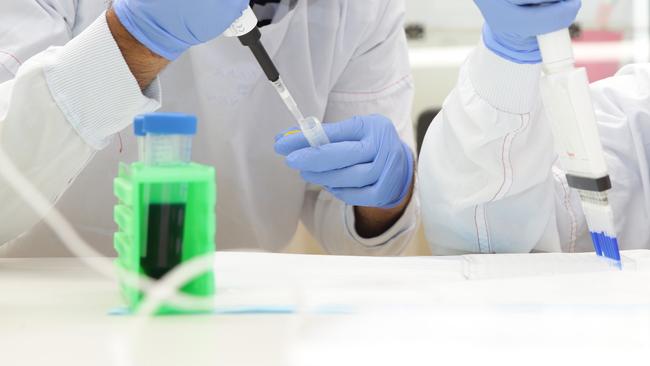Code updates rules of behaviour around research integrity practices
Universities and research institutes will need to comply with a new code for responsible research to receive funding.

Universities and research institutes will need to comply with a new code for responsible research to receive funding from the Australian Research Council and the National Health and Medical Research Council, the two largest funding bodies in the country.
The ARC and Universities Australia co-authored the code, which replaces the 2007 edition.
The Australian Code for the Responsible Conduct of Research covers all disciplines and guides universities and researchers in identifying a broad spectrum of research behaviours that might be considered suspect.
The code contains eight principles that reflect the core behaviours expected of researchers and institutions. These include “honesty” in undertaking research, which involves accurate reporting of results, and “transparency”, which means researchers should declare conflicts of interest.
Principle six, “recognition”, sets out a framework for how researchers should respect Aboriginal and Torres Strait Islander peoples. Researchers must ensure indigenous peoples “freely make decisions about their involvement” in research. Researchers must also report to Aboriginal and Torres Strait Islander peoples the outcomes of research in which they have participated.
Universities Australia chief executive Catriona Jackson said it was good practice to review a code such as this, because it ensured Australia remained at the forefront of research integrity.
“An update like this, which involved almost three years of detailed consultation with leading experts, helps Australia maintain the very highest standards of integrity in research,” she said.
Ms Jackson said robust research integrity practices enabled the community to have strong confidence in Australian research findings.
She also said the new code was clearer.
“The code’s principles make it crystal clear to every researcher what constitutes responsible research and, importantly, what doesn’t,” Ms Jackson said.
Daniel Barr, the principal research integrity adviser at RMIT University, said the new code was written in a way that “no one would disagree with it”. He said he was also pleased that it was written in plain English.
“They’ve really got to the essential responsibilities for universities,” he said.
Dr Barr said the job of universities was to now discuss the code with researchers so they could reflect on their practices and identify how the code related specifically to their research, whether it was in engineering or in the creative industries.
He said the code and its accompanying guidelines did not only emphasise the more egregious cases of research misconduct. Rather the new code’s aim was to get researchers to identify the broad spectrum of what could be considered breaches of the new principles.
He said big cases of fraud were infrequent, and what was more concerning were the minor ways researchers may fail to conduct their research responsibly. This included keeping inadequate records and losing data.
A guide for managing and investigating potential breaches accompanies the code.
The new recommended definition of research misconduct is a serious breach of the code that is “intentional or reckless or negligent”, according to the guide.
The guide also emphasises the spectrum of behaviours associated with research misconduct. The breaches could include falsifying research data, failing to acknowledge the contribution of others fairly and failing to give adequate mentoring on research conduct to trainees.
Ms Jackson said it was often other researchers who identified the breaches.
“Ultimately, if someone is doing the wrong thing the people most likely to spot that and report it are other researchers working alongside them or in the same field,” she said.
Two further documents are expected to be released this year to provide institutions with guidance about authorship and data management.
Institutions are expected to have updated their processes for investigating potential breaches of the 2018 code by July next year.



To join the conversation, please log in. Don't have an account? Register
Join the conversation, you are commenting as Logout